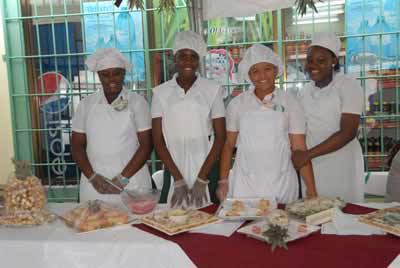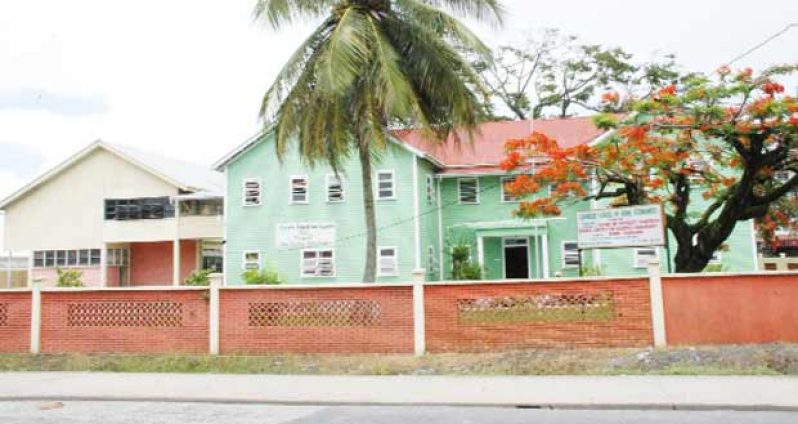GUYANA’S only culinary school, the renowned Carnegie School of Home Economics, was founded in 1933 by the Scotsman Andrew Carnegie through the Trade Centres for Women of New York. A grant was donated by the Carnegie Trustees and an additional grant from the UK.

Initially, the objective of its establishment was to relieve unemployment among women, thus it was formally known as the Carnegie Trade School.
Entrusted with the task of establishing the school, with the undertaking that the government would assume full responsibility if the venture succeeded, its first principal, Ms. Briant, soon developed a trading section, which produced custom made ladies garments and uniforms for government messengers. Large scale catering was undertaken only by request.

The trading aspect of the school was discontinued in 1958. Thereafter, the school was renamed the Carnegie School of Home Economics (C.S.H.E.), and the curriculum was aimed at giving every girl an opportunity to learn the skills and attitudes essential to make a good family and community life.
In the 1960s, the school began training Home Economics teachers, and in 1971, a separate catering section was established to give more specialised training in food preparation, and service. Consequently, the public was offered economical and attractive meals of high standard in a pleasing atmosphere.
To enhance the catering programme, financial and technical assistance was given by the Association of Canadian Community Colleges and the International Development Agency to enhance the catering programme. In the year 2000, the cosmetology programme and the garment construction programmes were developed with the help of the Social Impact Amelioration Project.
Staff at this institution presently comprises the principal, the vice principal, an academic staff of fourteen instructors, and a support staff of twelve. Holding the post of principal since 2007 is Mrs. Penelope Harris. According to Mrs. Harris, the school does not limit its scope of education offered to students, and provides certification on the level of diplomas and certificates that are

accredited by the Ministry of Education’s Accreditation Council.
Currently, Carnegie offers full-time programmes in Catering and Hospitality, Commercial Food Preparation, Visual Arts, General Cosmetology, Garment Construction and Interior Decoration. The course durations vary between one and two years. Full-time students are exposed to work attachments in the hospitality industry – at hotels, restaurants, fast food operations, and other catering establishments. Students are also placed in hospitals, banks, salons and garment production enterprises to provide them with practical experience in their area of study, apart from the theoretical work.
Most students would gain employment through this method, while others would pursue their dream of setting up their own culinary business.
As Carnegie continues to maintain its illustrious reputation, the school is now seeking interventions to expand. Through this initiative, more Guyanese can be facilitated in the field of home economics through training at the institution, and enhance the quality of services provided in the fast-food industry.
Only November last, the prestigious school produced 96 graduates at its 79th Annual Graduation Exercise.
(By Ravin Singh)



.jpg)








